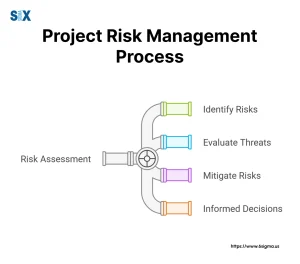
Companies are required to disclose information to shareholders and lenders. Public companies are subject to the strictest standards, while small and mid-sized businesses may follow less-rigorous rules. Regardless of the requirements, the financial statements are a crucial piece of a business’s business plan. Using the right standards can help you keep your business in good standing.
Developing globally-accepted accounting standards requires sustained commitment by the Commission. It must continue to support FASB and IASB, while also monitoring evolving investor and issuer needs. The goal is to develop standards that protect investors. Ultimately, this is an important part of the SEC’s mission to protect investors.
Many issuers report their financial statements using more than one set of accounting standards. This can create a problem, as the results may not be consistent. For example, two issuers may have drastically different financial positions and operating results. They may also use different classifications for cash flows. The differences may raise questions about the credibility of financial reporting, especially when the differences highlight poor financial performance or asset quality.
Accounting standards are a set of principles and guidelines that serve as the foundation of financial accounting. They were first introduced during the 1930s, when the American Institute of Accountants and the New York Stock Exchange sought to standardize accounting practices. The Securities and Exchange Commission (SEC) was founded a few years later. Its role is to define accounting practices and set standards.
Accounting standards help companies prepare and report financial information more accurately. They also promote transparency. With uniform standards, companies can easily compare one another and provide more accurate information to customers. These standards also help prevent fraud. Keeping financial information consistent is important for both the company and the investor. It also ensures that financial information is reliable and understandable.
There are a variety of challenges with accounting standards. They are often inflexible, and can be time-consuming to develop. They also restrict the scope of accounting. As a result, many companies and outside auditors may miss a large amount of fraud. As a result, it is important to choose an accountant who has extensive knowledge of accounting standards.
Accounting standards affect many different groups, including businesses and government organizations. Companies must meet certain standards in order to comply with legal requirements and provide reliable financial information to investors. They also help investors make better decisions. Many of the rules and regulations are international in nature. Companies must also adhere to certain accounting standards if they want to be publicly traded. Using international accounting standards will help you interact with companies in different countries with ease. Accounting standards ensure that companies use the same accounting methods for financial records.
In addition to GAAP, there are other accounting standards that can help you ensure your financial statements are accurate. The principles of regularity, sincerity, and prudence require accountants to report both positive and negative financial data accurately.







